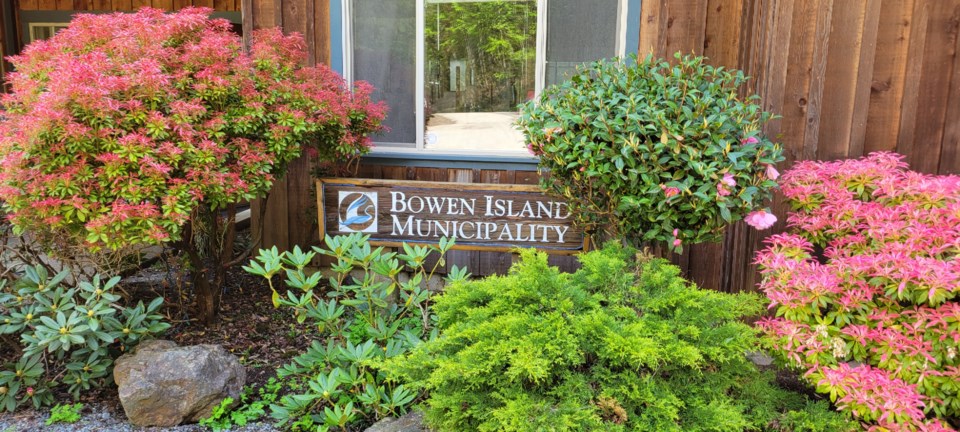The municipality is beginning the process of adopting a new tax method meant to encourage tourism and affordable housing initiatives on the island.
The Municipal and Regional District Tax (MRDT) was introduced by the province 37 years ago with the intention of boosting the tourism economy in B.C. communities. In 2018 guidelines were added allowing money collected from the tax to also be used for affordable housing measures. The tax is collected from short-term accommodation providers in a municipality or region, which is levied at a rate of up to three per cent of income from their business.
The MRDT has been widely adopted across B.C. including regionally in North Vancouver, Squamish, and Whistler at three per cent, and the Sunshine Coast at two per cent. Bowen previously attempted to adopt the MRDT in 2020 but the project stalled for multiple reasons including opposition from short-term rental providers and a constrained timeline to complete the application process.
Now the municipality (BIM) is attempting the plan again, following direction in this year’s Strategic Plan Update to do so. They’re beginning with the construction of a Five-Year Strategic Business Plan and an Affordable Housing Plan, two prerequisites on the application form’s lengthy checklist. The business plan will see assistance from the Community Economic Development Committee and Tourism Bowen Island, while the Housing Advisory Committee will assist with the housing plan.
A big part of the project’s success hinges on support from local accommodation providers, especially those with larger operations. BIM must consult with the general community of providers but need to show specifically that of businesses with four or more rooms, at least 51 per cent of these providers representing at least 51 per cent of available rooms are in support. During the 2020 attempt at MRDT adoption there were seven businesses which fit this criteria on Bowen, and four of them opposed the plan while two were in support.
Four years ago that plan was to pursue the three per cent tax option and split revenue from the tax equally between tourism and affordable housing. Given this didn’t find support among providers, councillors were cautious about accepting the staff suggestion that the current application once again begin with those same numbers.
“Advertising the three per cent, if that was one of the major stumbling blocks the last time then I think that we need to possibly be more flexible,” said Coun. Judith Gedye. “It seems to me if we want to get maximum buy-in, and they (providers) told us the last time if it had been two per cent they would have, then I think we should consider some sort of flexibility with that particular number.”
Mayor Andrew Leonard said he would like to see some of the pending numbers shored up before committing to either a percentage or a specific revenue split. Details which still need to be finalized include a total count of all rooms available on the island, how many operators offer four rooms or more, and what the total annual revenue of short-term accommodation businesses on Bowen Island is. Discrepancy in the numbers has estimated tax revenue from joining MRDT between $78,000 and $300,000, though staff noted this number will become much more specific as data is collected.
Council voted to revisit the percentage and split between tourism and housing at a future meeting. Leonard did express optimism though that there could be more support for the three per cent figure this time around. “I’m in favour of the three per cent, I believe there’s a messaging campaign that can happen that would bring the community onside.”
“Two of the hottest button issues that we receive feedback on are the creation of affordable housing and the management of congested tourism, particularly in the Cove. The latter we’ve heard non-stop throughout the summer and peak season months that the current impact of tourism as experienced by congestion in Snug Cove and across the island is becoming untenable, as well as the stories of folks needing to move off the island or struggling to find affordable options for housing,” said the mayor.
The strategic and affordable housing plans are expected to be completed in the first half of next year, followed by consultation with the local tourism and accommodation industries in the latter half of 2025. An official submission in early 2026 could see the MRDT begin to be collected beginning at the start of 2027.



